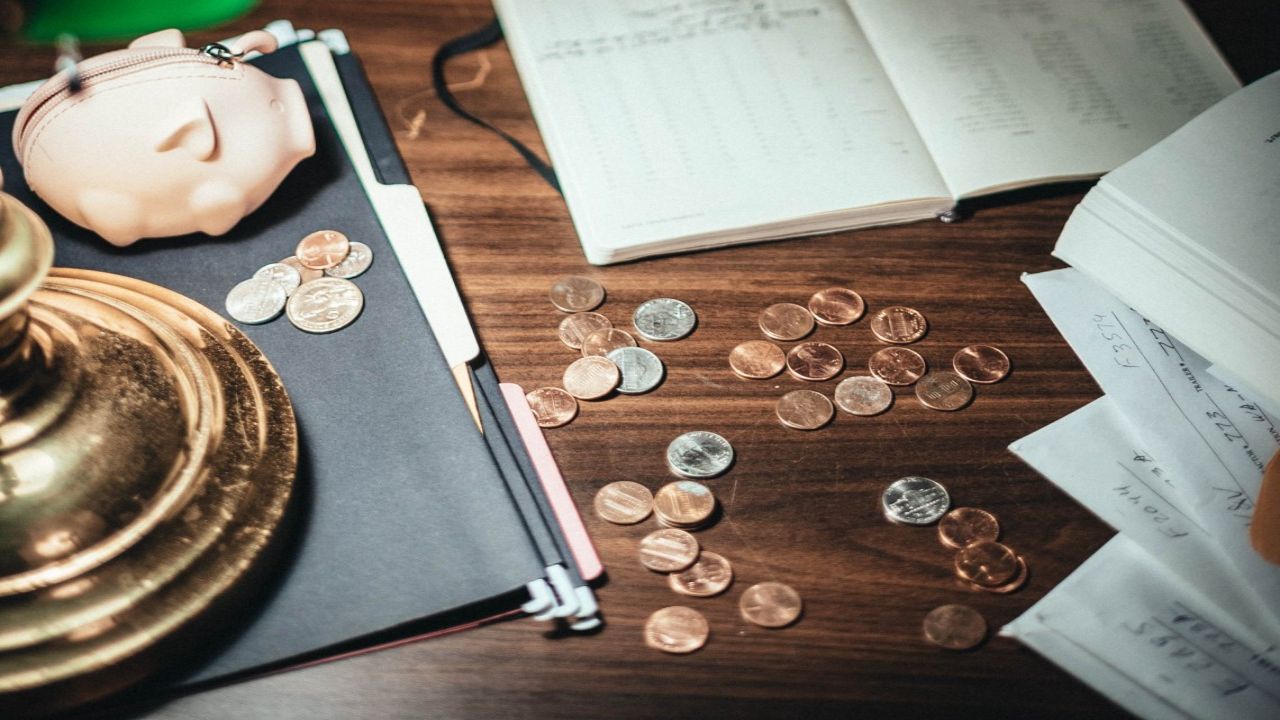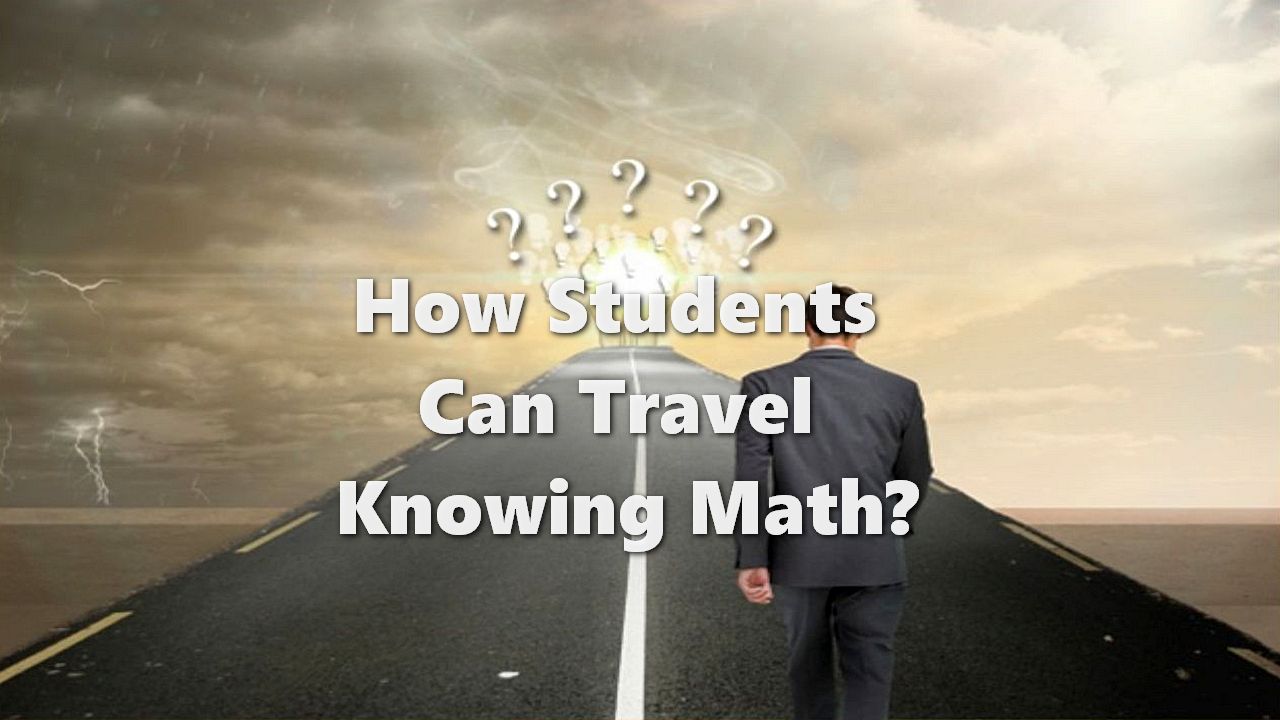Budgeting Brilliance

One of the fundamental aspects of travel is budgeting. Students, often on a tight budget, can use their mathematical prowess to plan cost-effective and enjoyable trips. Mathematics enables them to calculate expenses accurately, allocate funds wisely, and make informed decisions about accommodation, transportation, and daily expenses. For example, understanding exchange rates is crucial for international travel. Math skills help students convert currencies effortlessly, ensuring they get the best value for their money. Additionally, by creating spreadsheets or using budgeting apps, students can keep track of their expenditures in real time, preventing any financial surprises during their travels. If you’re a student looking to enhance your mathematical skills for practical applications, consider seeking a maths tutor in Bondi Junction. Individual lessons with a tutor will help you deepen your understanding of math concepts, making you even more adept at budgeting for your future travels.
Geometry in Geography
Geography and geometry share a symbiotic relationship, especially when it comes to travel. Whether exploring a bustling city or trekking through natural landscapes, students can employ geometric concepts to enhance their navigation skills and appreciate the spatial dynamics of the places they visit.
Understanding angles, distances, and scales can make map reading and navigation more intuitive. Trigonometry, in particular, becomes a handy tool for estimating heights, distances, and even the time it takes to reach a destination. By applying these principles, students can plan efficient routes, gauge the feasibility of hiking trails, and gain a deeper appreciation for the geographical features they encounter.
Time Management

Time is a precious commodity, especially for students juggling academics and travel aspirations. Utilizing mathematical concepts can aid in efficient time management, allowing students to make the most of their limited vacation days.
Students can employ probability and statistics to optimize their itineraries, considering factors like peak hours at tourist attractions, weather conditions, and travel times between locations. Moreover, mathematical models can help in predicting wait times, ensuring that students spend more time experiencing the wonders of a destination rather than standing in lines.
Cultural Mathematics
Mathematics transcends borders and languages, providing a universal language that connects people worldwide. Students can delve into the cultural mathematics of the places they visit, exploring how different societies approach numerical concepts, patterns, and symbolic representations.
Engaging with local numerical systems, traditional measurements, or historical mathematical achievements can offer students a unique perspective on the cultural fabric of a destination. From the intricate geometric designs in Islamic art to the ancient numerical systems of civilizations, students can enrich their understanding of a culture’s identity through its mathematical expressions.
As students embark on their educational journeys, they can amplify the richness of their experiences by integrating mathematics into their travels. Whether it’s budgeting, navigating, managing time, or embracing cultural diversity, mathematics serves as an indispensable companion, opening doors to a world of exploration and learning beyond the confines of the classroom. By recognizing the interconnectedness of math and travel, students can transform their adventures into transformative learning experiences that extend far beyond the horizon.
